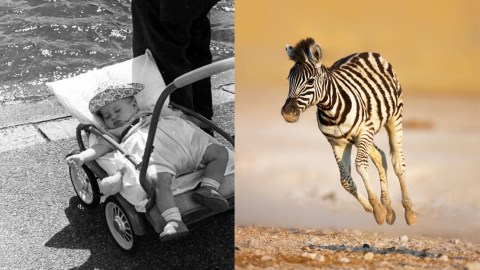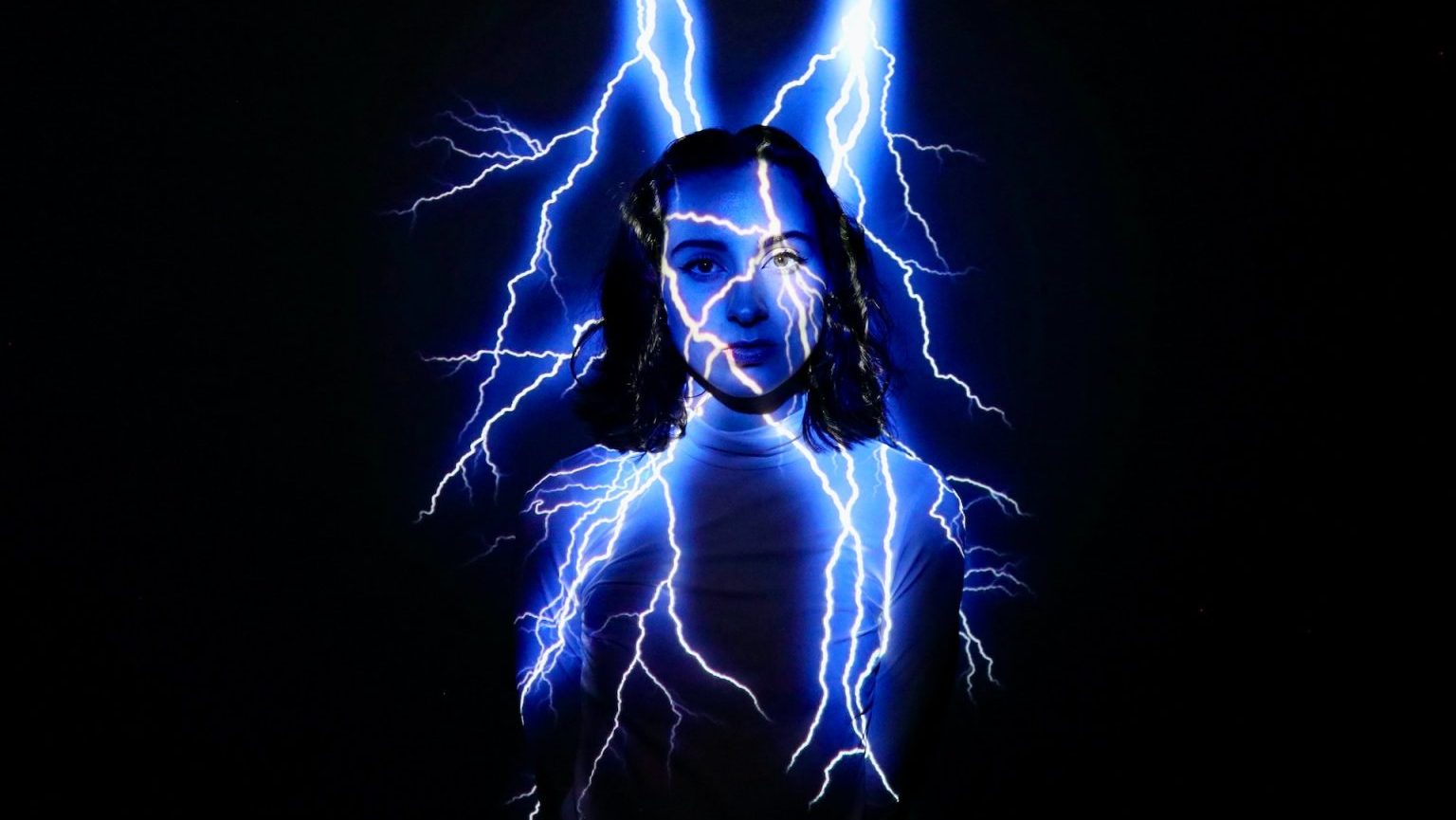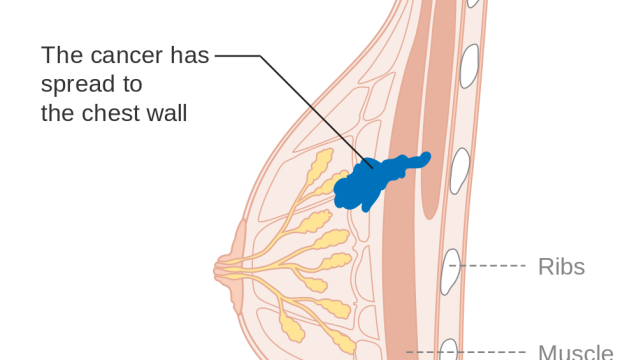Why Human Babies Are Much Dumber than Animal Babies

For the past two years, David Eagleman has been writing and filming a six-hour television series about the inner cosmos that generates our reality. His documentary on the brain is available to watch on PBS.
One episode tackles human identity versus animal identity and why it’s so different:
Human children begin life so vulnerable because their brains develop more robustly over time. They need the protection of parents during development so their brain can mature safely. The complexity of the human brain is unparalleled in the animal kingdom and it is thanks to our brain’s malleability in the early stages of life that it can assimilate vast amounts of information and knowledge. Still, Eagleman says, just how this works remains a mystery:
“The binding problem is when you look at what’s happening in the brain, you find there’s a division of labor. You have some parts of your brain that care about vision, some about hearing, some about touch. And even within a system, like vision, you have parts that care about colors, parts that care about orientations, parts that care about angles. And how this all comes together so that you have a unified perception of the world is one of the unsolved mysteries in neuroscience.
We’re not aware of that division of labor. Everything seems like it’s perfectly unified to us. So this is still something we’re all working on.”
Eagleman says that as we understand more about the brain, we can start importing technology to enhance our natural perception of the world:
—
Images courtesy of Getty





